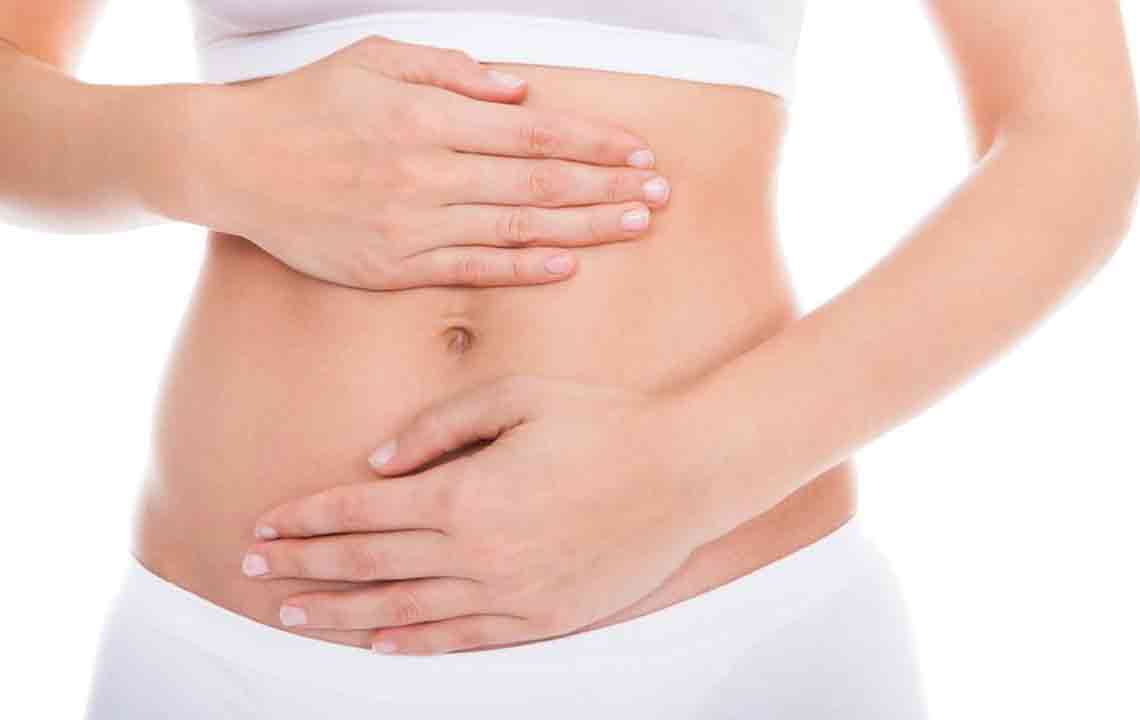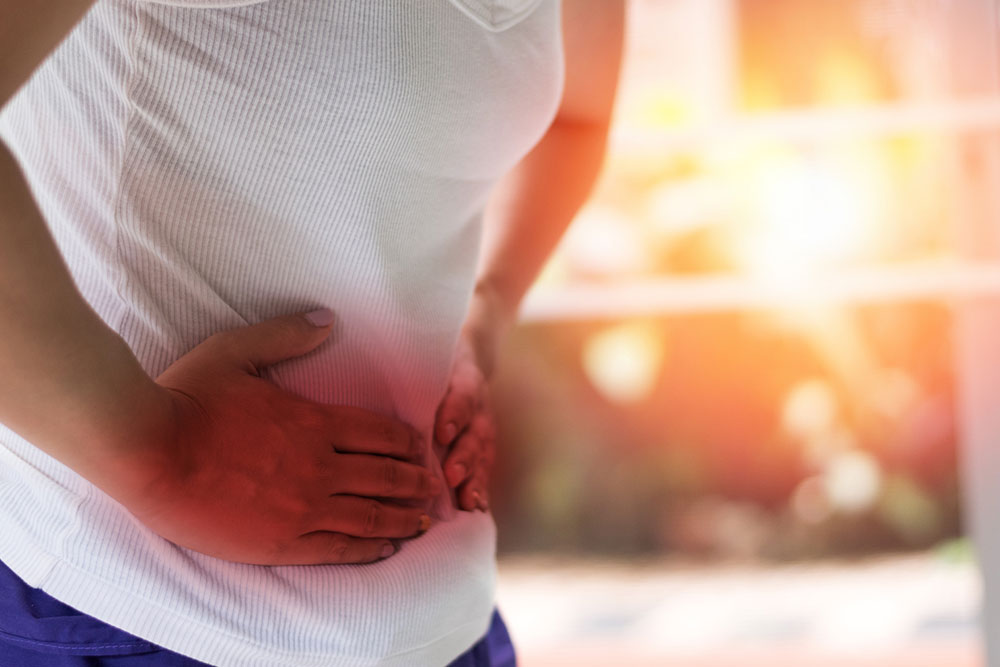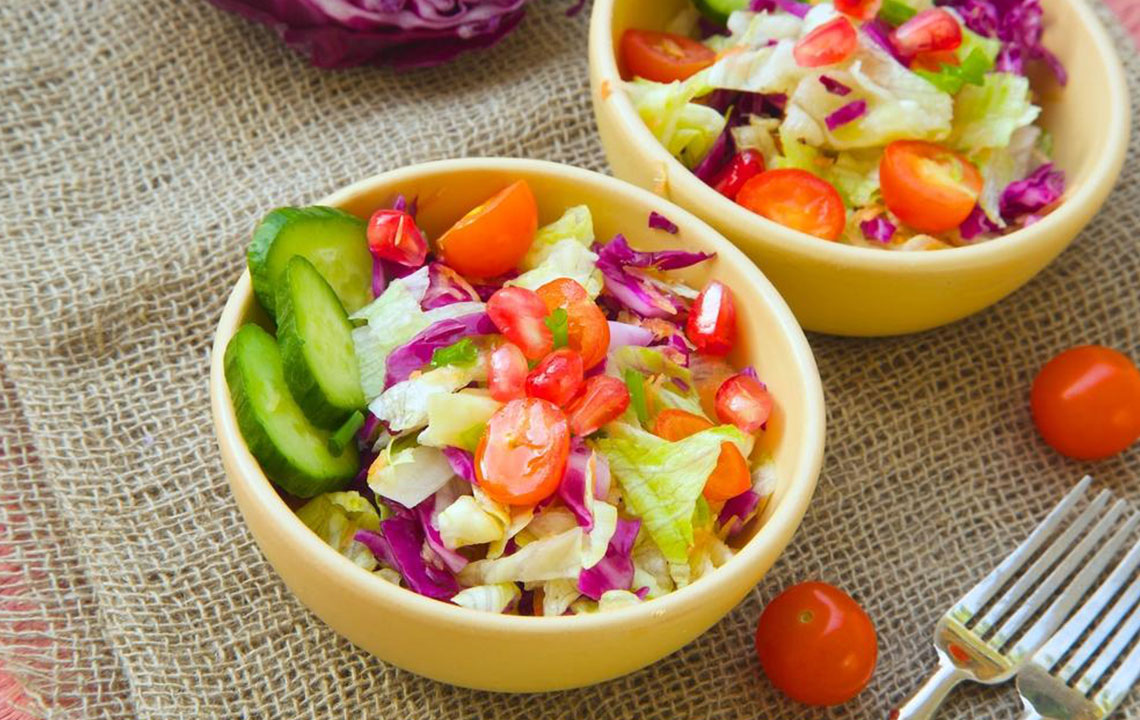Foods That Promote Faster Recovery from Diarrhea
Discover essential foods to help you recover swiftly from diarrhea. Learn which dietary choices to make, including the BRAT diet and probiotics, while avoiding foods that can worsen symptoms. Proper nutrition can speed up recovery and restore gut health effectively.

Foods That Promote Faster Recovery from Diarrhea
Experiencing diarrhea at some point is quite common. Typical symptoms include frequent watery stools, bloating, and stomach cramps. Causes can vary from eating contaminated food, viral infections, to reactions from medications.
To recover quickly, choosing the right foods is essential. A specialized diet called the BRAT diet—comprising bananas, rice, applesauce, and toast—is often recommended to help solidify stools. Knowing which foods to include or avoid can significantly ease symptoms and speed up healing.
Diarrhea typically indicates your body's effort to address issues in your gastrointestinal system. Short-term diarrhea, usually lasting less than two weeks, can result from bacterial or viral infections, antibiotic use, or water contamination.
During recovery, a carefully selected diet, rich in bland, easily digestible foods, can help. Foods that bind the stool and replenish lost nutrients are particularly beneficial, facilitating faster healing.
Key foods to include:
Bananas: Known for their binding effect, bananas help solidify stools and are high in potassium, which replenishes nutrients lost during diarrhea.
Rice: Plain, boiled rice is gentle on the stomach and helps absorb excess fluids, aiding in stool formation.
Applesauce: Contains pectin, which helps tighten the bowels and restore energy through natural sugars.
Toast: Plain toast adds bulk to stool and supplies carbs for energy without irritating the gut.
Yogurt: Contains probiotics that restore beneficial bacteria in the intestines, especially helpful if antibiotics caused your diarrhea.
Foods to avoid during diarrhea include:
Fatty or greasy foods like fried items and rich gravies.
Diary products such as milk, butter, and cheese, due to lactose intolerance issues.
Alcohol and caffeine, which can dehydrate and irritate the stomach.
Artificial sweeteners like sorbitol, which may have a laxative effect.
Gas-producing foods like cabbage, broccoli, and beans.
Foods that may be contaminated or improperly stored, risking further upset.
Following these dietary guidelines, staying hydrated, and consulting a doctor can aid in a swift recovery. Avoid self-medicating without professional advice, and keep your pantry stocked with soothing, stool-binding foods.









